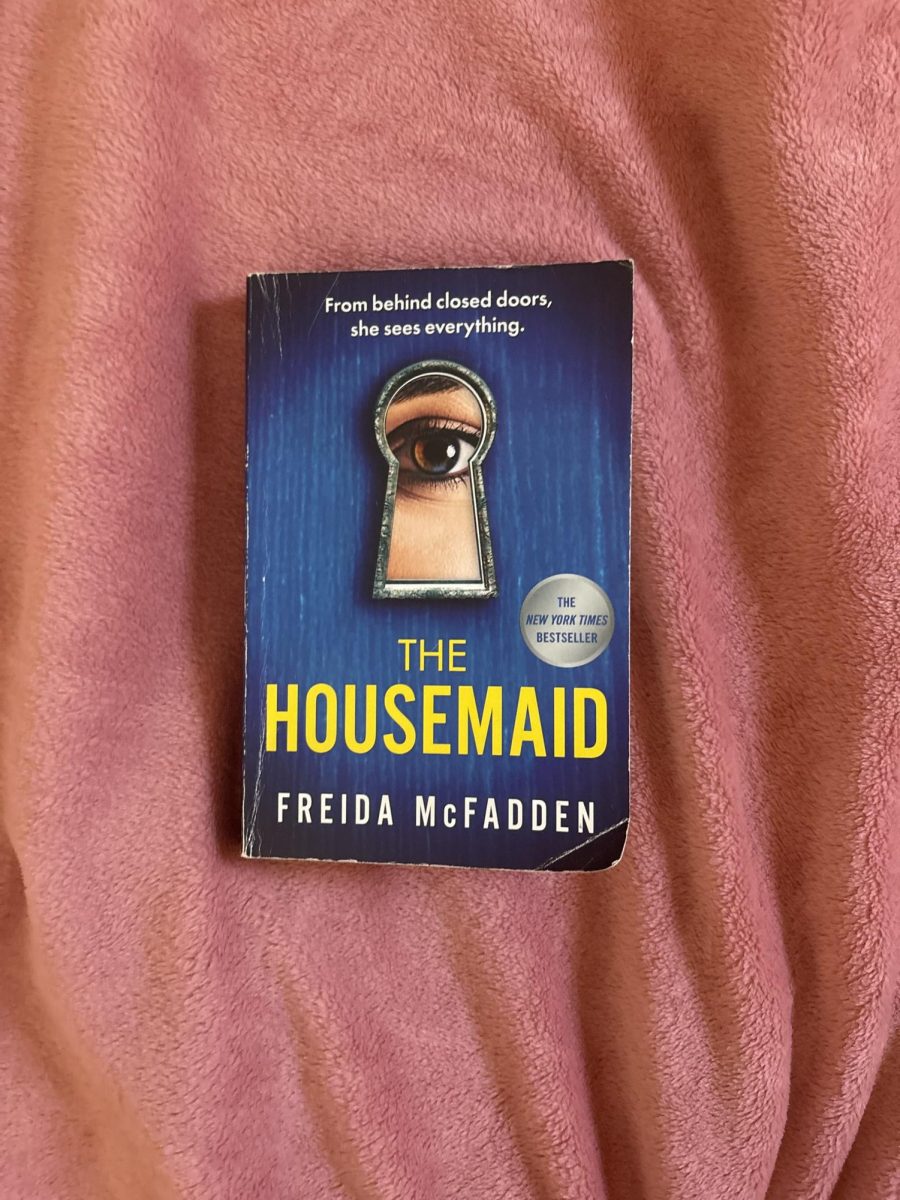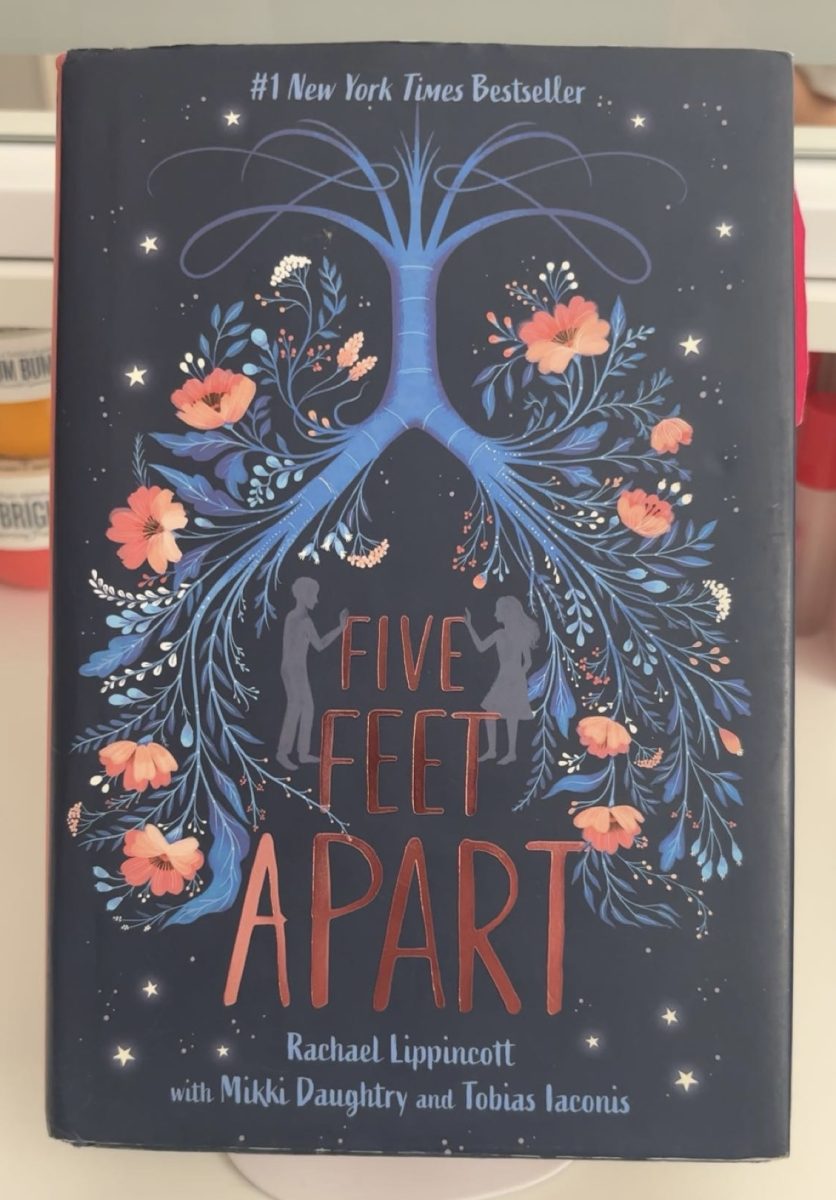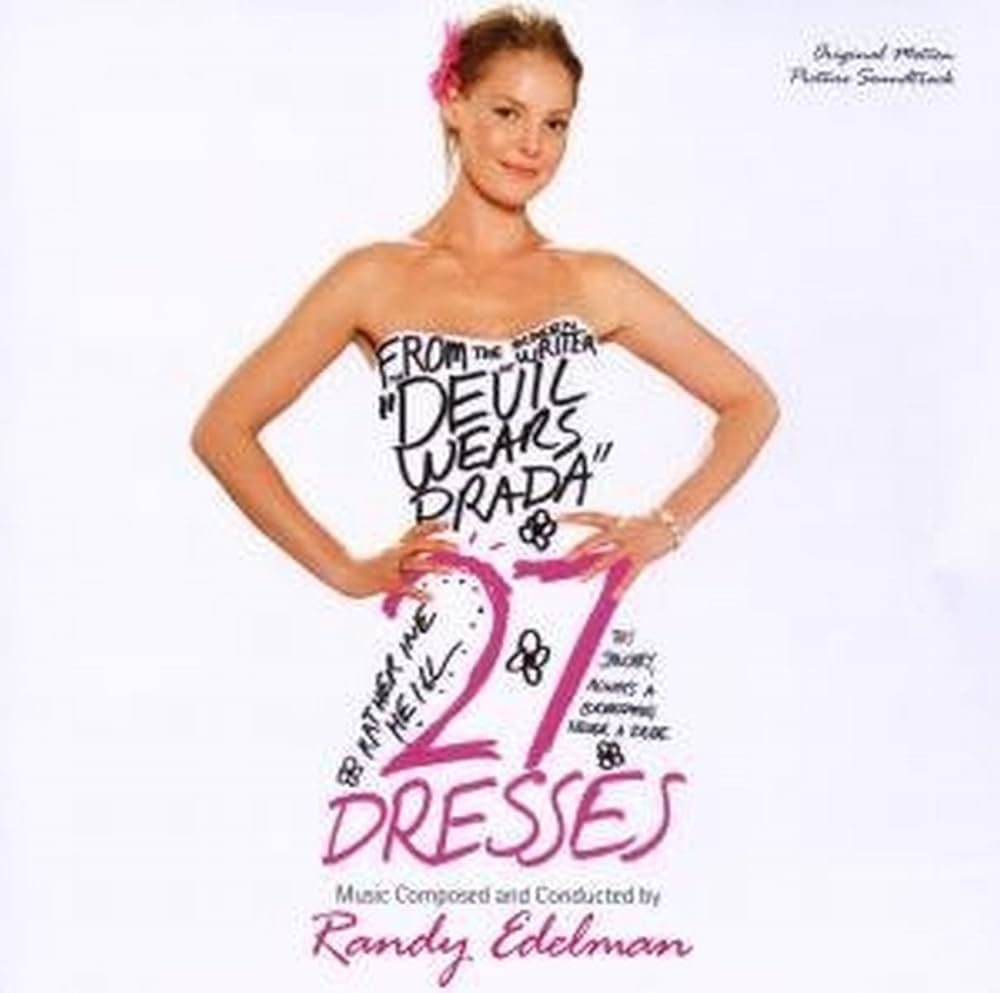After 63 years of its release, Fahrenheit 451 still manages to capture the hearts of millions across the globe with its dark foreshadowing of what the future might have in store for all of us.
Fahrenheit 451, written by Ray Bradbury, is the story of a world that’s quite different from our own. In the novel, firemen set fires rather than putting them out. Also, the ownership of books is against the law, so it’s the job of the firemen to burn them.
The main character, Guy Montag, is a fireman of 20 years who’s married to a woman named Mildred. While coming home from work one day, he comes upon a girl named Clarisse. And Clarisse shows Montag a completely different way to view life. She tells him of how the world used to be; before firemen set fires.
Montag eventually finds the Bible. Instead of burning it, curiosity clouds his better judgment and he keeps the book. And it’s with this single action, that his entire life changes, and not for the better. With war coming and the firemen growing suspicious of Montag, you wonder how he’s ever going to survive.
There’s a reason why I love Fahrenheit 451, and why it’s still discussed in classrooms to this very day. That reason is its central themes and deeper meaning. Bradbury creates a world where a totalitarian government controls the masses by regulating the television they watch and banning the ownership of books.
This is all done in an effort to prevent the people from thinking for themselves. To keep them “happy” so they don’t realize how bad the government actually is. It’s as the Roman poet, Juvenal, once said, “Give them bread and circuses and they will never revolt.”
Mildred represents one who conforms to society and all of its rules perfectly. She’s always inside, she’s always watching TV, she’s always listening to music, and she’s never thinking for herself.
In the novel, the government has such a strong grasp on the people’s minds that they’ve convinced people that Benjamin Franklin was the first fireman and that houses were always fireproof. So what Bradbury is basically trying to say is: don’t always trust what your government tells you.
However, Clarisse and her family don’t conform to the rest of society. When she first meets with Montag, Clarisse talks about interesting facts that no one else really seemed to know about. Unlike other families, Clarisse’s family talks to each other instead of watching TV all the time. She even asks Montag if he was happy. Which on further thought, Montag realized he wasn’t. “He recognized this as the true state of affairs. He wore his happiness like a mask and the girl had run off across the lawn with the mask and there was no way of going to knock on her door and ask for it back.”
In a way, Clarisse is a symbol for freedom of expression, happiness, and truth.
Another great message in which I believe Bradbury tries to address is: even if the entire world hates you, always be yourself and don’t be ashamed of it. In the last chapter of the book, Burning Bright, Montag loses everything all because he wanted to read books. When society tries to punish him even further, he rejects their punishment by running away. He then eventually finds a group of like-minded people that he call friends (the Hobos).
Although Fahrenheit 451 is fictional, it does have some basis in reality. Back in ancient Rome, the government would give the people free food and free access to gladiator matches so they wouldn’t revolt. In the 1930s when Hitler was in power, he would burn Jewish literature in order to suppress Jewish ideals.
Fahrenheit 451 is a thought provoking novel that makes us question our government, be fearful of the future, and teaches us to express ourselves. If you’re looking for a novel that’s similar to this dystonian classic, George Orwell’s 1984, and Lois Lowry’s The Giver are just for you.

















